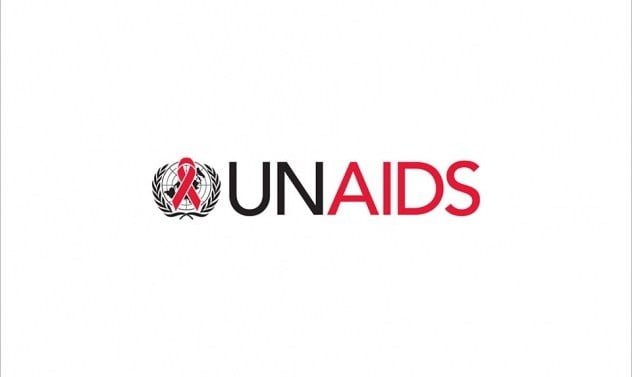New HIV cases in The Bahamas decline by 26 percent
NASSAU, BAHAMAS – Just over half of the 6,000 people infected with HIV in The Bahamas are on treatment, according to a UNAIDS 2019 report.
The report, released in December 2019, shows that 3,100 people or 52 percent of people with the immunodeficiency virus are on treatment.
This includes 40 children under 14 years old; 1,500 women and 1,600 men.
To meet the first and second phase of the 90-90-90 initiative, The Bahamas was short 1,800 HIV-positive people being on treatment.
There are twice as many men living with the virus as women, according to the report.
Of the more than 3,000 people living with HIV in Th Bahamas, 1,000 were women and 2,000 were men.
According to the report, fewer than 500 people were diagnosed with HIV in The Bahamas in 2018.
This represents a 26 percent decline in new HIV cases over the previous year.
Nationwide, the prevalence of HIV was 1.8 percent.
However, the prevalence of HIV among homosexual men in The Bahamas was 19.6 percent, according to the report.
By comparison, the prevalence of HIV among homosexual men is 1.1 percent in Cuba; 2.8 percent in Barbados; 29.8 percent in Jamaica; and 12. 9 percent in Haiti.
The report noted that the prevalence of HIV among prisoners was 2.2 percent.
Of the 6,000 people living with the virus, fewer than 200 where under the age of 14.
Approximately 2,600 HIV-positive people were women, while another 3,300 were men.
An estimated 16,000 people contracted HIV in the Caribbean in 2018.
In 2017, there were an estimated 5,287 people living with HIB in The Bahamas.
Despite the low prevalence of HIV among young people, the data reflected that the knowledge of HIV prevention among women ages 15 to 24 was only 2.8 percent, while it was 5.8 percent among men.
During the reporting period, there were 23 people who received PrEP (preexposure prophylaxis) treatment — a daily medicine used to reduce the risk of becoming infected with HIV if exposed to the virus.
All countries in the region saw a decrease in HIV incidences with the exception of Belize which saw an increase.
Similarly, to The Bahamas, Cuba also saw an over 20 percent decline in new cases, the report noted.
Data was not available on the number of sex workers, gay men or men who have sex with other men, people who inject drugs or transgendered people.
There was also no data on the percentage people living with HIV who know their HIV status; the percentage of people living with HIV, who know their HIV status and are on treatment, and those who are living with HIV, who are on treatment and have suppressed their viral loads.
Stigma
Approximately 45.5 percent of people surveyed reported discriminatory attitudes towards people living with HIV, according to the report.






